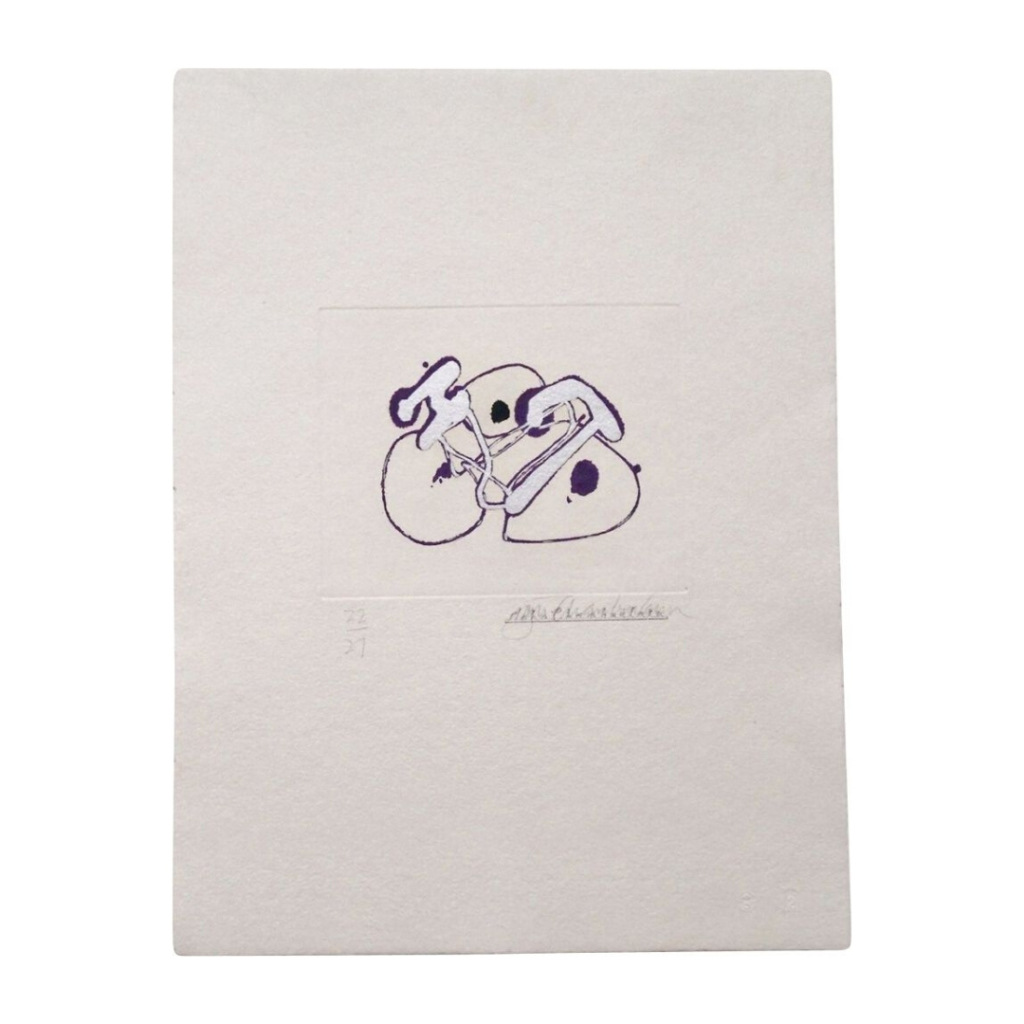About Me
The Care Certificate serves as the foundation for healthcare professionals entering the sector, providing essential knowledge and skills to ensure safe, compassionate, and effective patient care. Designed primarily for healthcare assistants, support workers, and social care professionals, the Care Certificate consists of 15 standards that cover critical areas such as safeguarding, infection control, and patient-centered care.
Applying the Care Certificate knowledge in real-world healthcare settings is vital for maintaining high-quality care and ensuring compliance with industry standards. Whether in hospitals, nursing homes, or community care services, understanding how to integrate this knowledge into daily practice enhances both patient safety and professional competency.
For those advancing in nursing education, completing assessments like NURS FPX 6218 Assessment 3 also builds on similar principles, emphasizing evidence-based practice and leadership in patient care.
This blog will explore how healthcare workers can apply Care Certificate knowledge effectively in their day-to-day roles and how it contributes to improved patient outcomes.
The Importance of the Care Certificate in Healthcare
The Care Certificate was introduced to ensure that all healthcare professionals meet a common set of skills and knowledge before delivering direct patient care. It serves multiple purposes, including:
Establishing a baseline competency level for care workers
Ensuring patient safety through proper training
Encouraging professional development and career progression
Enhancing the quality of healthcare services
Understanding how to translate theoretical knowledge into practical application is crucial for healthcare professionals. Below, we will examine the real-life implementation of key Care Certificate standards.
Applying Care Certificate Knowledge in Daily Healthcare Practice
1. Promoting Person-Centered Care
One of the primary principles of the Care Certificate is person-centered care, which involves tailoring healthcare services to the unique needs, preferences, and values of each patient. In practice, this means:
Engaging in active listening and effective communication
Encouraging patient involvement in decision-making
Respecting cultural and personal preferences in care plans
Adapting care approaches based on individual needs
By integrating these practices, healthcare workers can create a supportive environment that improves patient satisfaction and trust.
2. Maintaining Dignity and Respect
Healthcare professionals must uphold patient dignity and respect in all interactions. Real-world applications include:
Offering privacy during personal care tasks
Using respectful language and tone
Encouraging independence while assisting with daily activities
Respecting patients’ autonomy and individuality fosters a more compassionate healthcare environment.
3. Effective Communication and Handling Information
Clear and accurate communication is a fundamental part of quality healthcare. Healthcare workers apply this Care Certificate standard by:
Using simple, clear language to explain procedures to patients
Documenting patient records accurately to ensure continuity of care
Communicating effectively with multidisciplinary teams to coordinate care
Respecting patient confidentiality when handling sensitive information
This not only enhances teamwork but also ensures compliance with legal and ethical guidelines.
4. Understanding Duty of Care and Safeguarding
Healthcare professionals must adhere to their duty of care and safeguarding responsibilities by:
Recognizing signs of abuse or neglect and reporting concerns immediately
Following organizational policies for protecting vulnerable individuals
Educating patients and families about their rights and support systems
Implementing these safeguarding measures ensures that patients receive care in a secure and protective environment.
5. Infection Prevention and Control
One of the most crucial aspects of the Care Certificate is maintaining infection control to prevent the spread of diseases. Real-life applications include:
Adhering to proper hand hygiene protocols
Wearing appropriate personal protective equipment (PPE)
Disinfecting equipment and patient areas regularly
Following guidelines for handling and disposing of hazardous materials
By implementing infection control measures, healthcare workers contribute to a safer healthcare environment for both patients and staff.
6. Supporting Patients with Mental Health and Learning Disabilities
Mental health awareness is an essential component of the Care Certificate. In practical settings, healthcare professionals should:
Approach mental health conversations with empathy and understanding
Recognize and respond appropriately to behavioral changes
Provide emotional support and guidance for patients experiencing distress
Adapt communication methods for individuals with learning disabilities
Ensuring mental well-being is as important as physical health, and healthcare workers must integrate this knowledge into patient care routines.
7. Handling Medications Safely
While administering medications may be beyond the scope of some healthcare roles, understanding medication safety principles is still essential. Application of this standard includes:
Ensuring proper medication storage
Recognizing potential side effects and adverse reactions
Following protocols for reporting medication errors
Assisting patients in adhering to prescribed medication regimens
Adhering to medication safety guidelines prevents errors and ensures effective treatment outcomes.
The Link Between Care Certificate Knowledge and Advanced Nursing Assessments
For those pursuing further qualifications, Care Certificate principles serve as the foundation for advanced nursing assignments, such as NURS FPX 4900 Assessment 2. This coursework focuses on problem assessment in healthcare settings, requiring students to apply patient care theories and best practices learned from the Care Certificate.
Advanced nursing courses build upon these fundamental principles, helping healthcare workers develop leadership skills, critical thinking, and evidence-based decision-making capabilities.
Conclusion
Applying Care Certificate knowledge in real-life healthcare settings is essential for delivering high-quality, safe, and compassionate care. Whether it’s through person-centered care, infection prevention, effective communication, or safeguarding responsibilities, healthcare professionals must consistently integrate these principles into their daily practice.
For those advancing in the field, the Care Certificate lays the groundwork for more complex nursing assessments and leadership roles. By continuously applying these standards, healthcare workers not only improve patient outcomes but also enhance their professional growth within the healthcare industry.
By embracing the principles of the Care Certificate and progressing through advanced assessments, healthcare professionals can ensure they provide the highest standard of care to those who need it most.
Related Articles:The Benefits of Localized Assignment Help in Sheffield
The Role of Econometrics in Advanced Economics Assignments
If you need any help, please contact us at – info@designaddict.com









